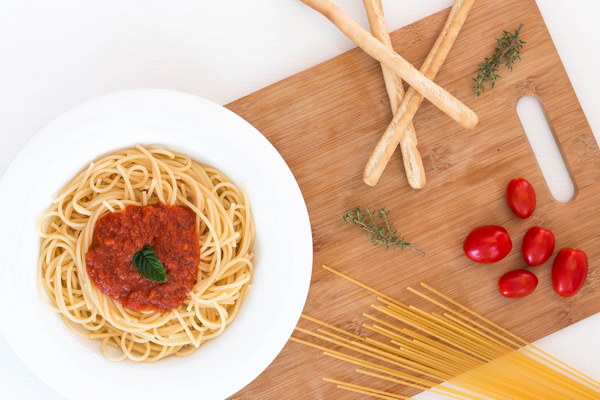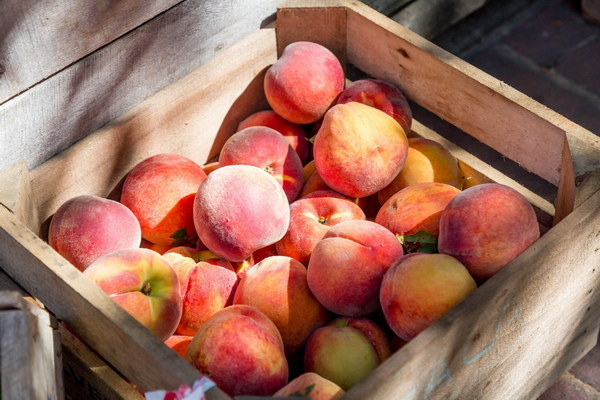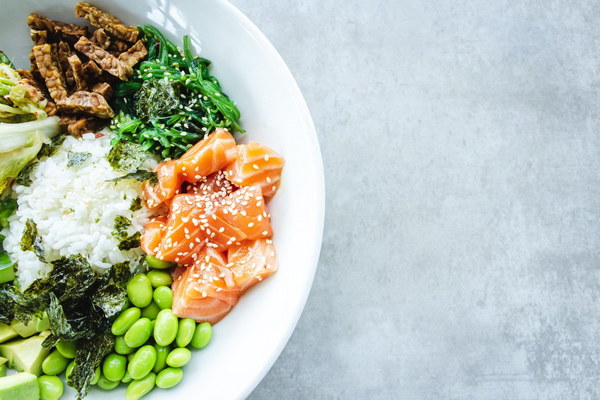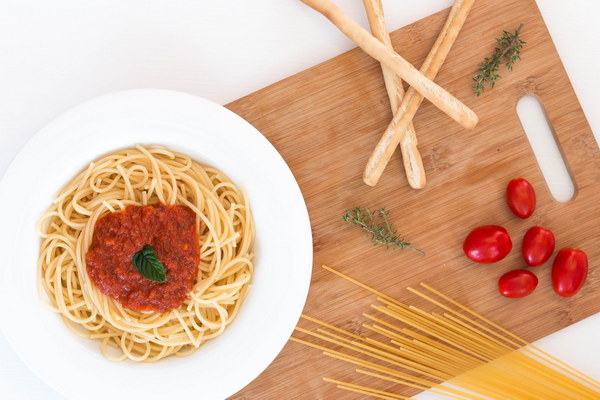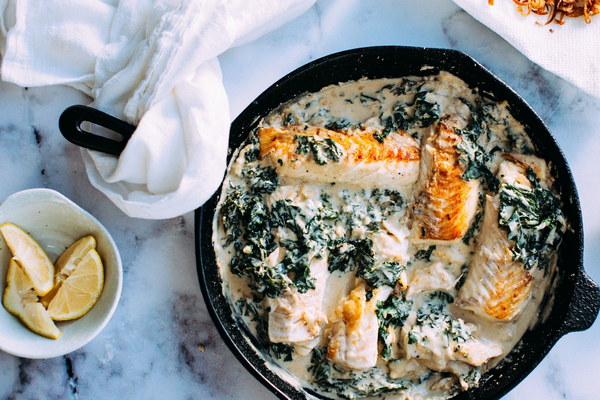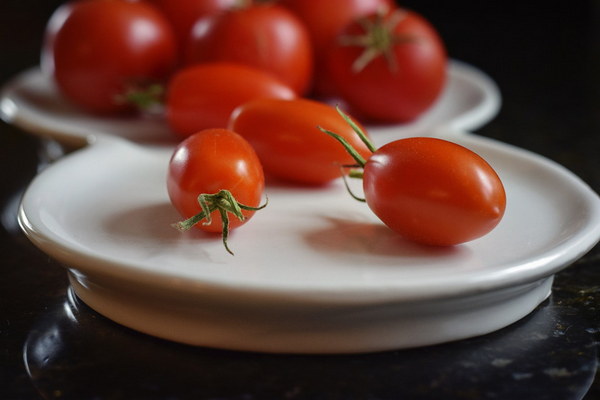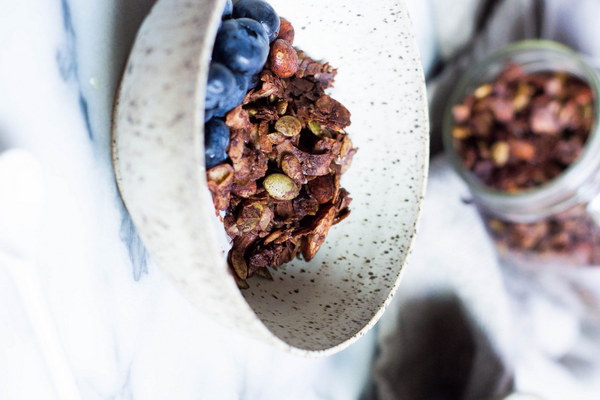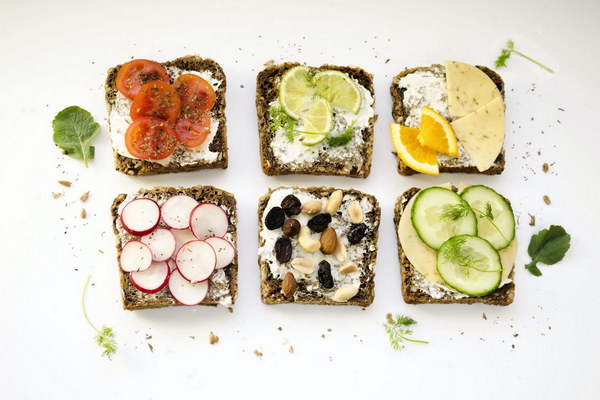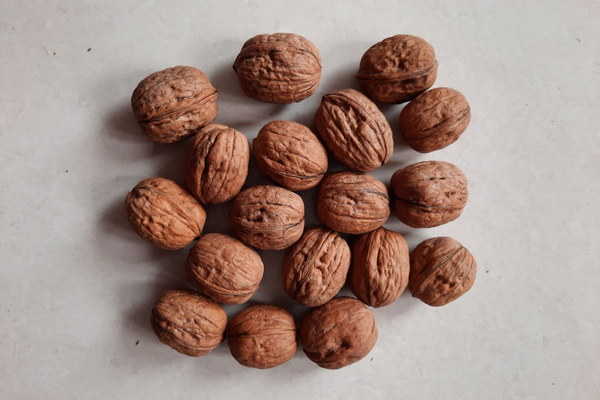Rebuilding Your Body Post-Flu Nutritional Recovery Guide
After overcoming the flu, your body may feel weak and tired. It's essential to focus on post-flu nutritional recovery to help your body bounce back to its full strength. In this article, we will discuss a comprehensive guide to post-flu nutritional recovery, including essential nutrients, dietary tips, and healthy recipes.
1. Essential Nutrients for Post-Flu Recovery
a. Vitamin C: Known for its immune-boosting properties, vitamin C is crucial for post-flu recovery. It helps reduce inflammation and supports the healing process. Incorporate citrus fruits, berries, kiwi, and leafy greens into your diet.

b. Vitamin D: This essential nutrient plays a vital role in maintaining a strong immune system. Vitamin D deficiency can weaken your immune response. Enjoy fatty fish like salmon, mackerel, and sardines, or consider taking a vitamin D supplement.
c. Zinc: Zinc is an essential mineral that supports the immune system and helps your body heal. Include zinc-rich foods such as nuts, seeds, legumes, and lean meats in your diet.
d. Protein: Protein is crucial for tissue repair and recovery. Aim to consume high-quality protein sources such as lean meats, fish, eggs, dairy, legumes, and plant-based alternatives like tofu and tempeh.
e. Antioxidants: Antioxidants like beta-carotene, selenium, and vitamin E help protect your body against oxidative stress and support immune function. Consume a variety of colorful fruits and vegetables to ensure you get a wide range of antioxidants.
2. Dietary Tips for Post-Flu Recovery
a. Stay Hydrated: Drink plenty of fluids to stay hydrated. Water, herbal teas, and broths can help replenish fluids lost during the flu and support recovery.
b. Eat Small, Frequent Meals: Consuming small, frequent meals can help your body absorb nutrients more efficiently. This approach is particularly beneficial for individuals with weakened digestive systems.
c. Focus on Nutrient-Dense Foods: Prioritize whole foods that are rich in vitamins, minerals, and antioxidants. This includes fruits, vegetables, whole grains, lean proteins, and healthy fats.
d. Limit Processed Foods: Minimize the intake of processed foods, which can be high in added sugars, unhealthy fats, and empty calories. Focus on whole, unprocessed foods to support your recovery.
3. Healthy Recipes for Post-Flu Recovery
a. Immune-Boosting Smoothie: Blend a cup of mixed berries, a banana, a tablespoon of flaxseeds, a scoop of protein powder, and a cup of almond milk for a nutritious smoothie that supports immune function.
b. Chicken Soup: Prepare a homemade chicken soup with carrots, celery, onions, garlic, and herbs. Add diced chicken breast and cook until tender. This comforting soup can help soothe your throat and provide essential nutrients.
c. Quinoa Salad: Mix cooked quinoa with mixed greens, cherry tomatoes, cucumbers, red bell peppers, and feta cheese. Dress with olive oil, lemon juice, and a sprinkle of garlic powder for a balanced and nutritious salad.
d. Baked Salmon with Steamed Vegetables: Baked salmon with a side of steamed broccoli, carrots, and asparagus is a delicious and nutritious meal that provides omega-3 fatty acids, protein, and essential nutrients for recovery.
In conclusion, post-flu nutritional recovery is essential for helping your body regain its strength and vitality. By focusing on essential nutrients, following dietary tips, and incorporating healthy recipes into your diet, you can support your body's healing process and ensure a swift recovery. Remember to consult with a healthcare professional before making significant changes to your diet or starting any new supplement regimen.
